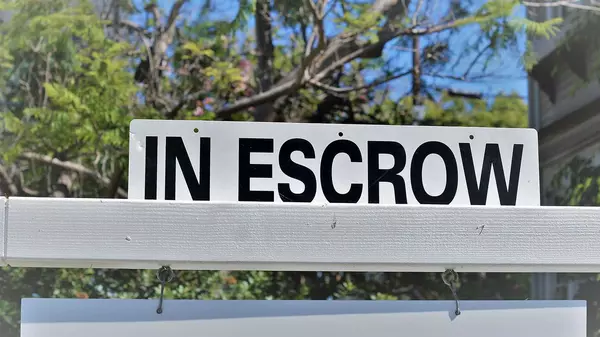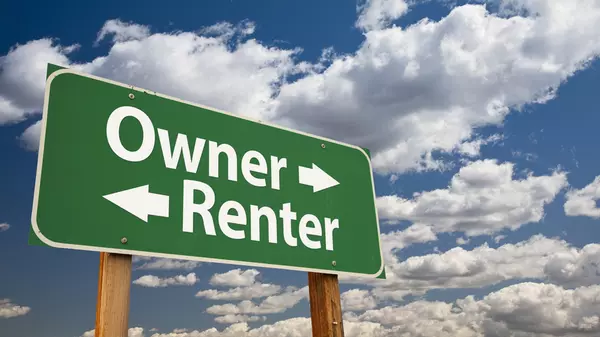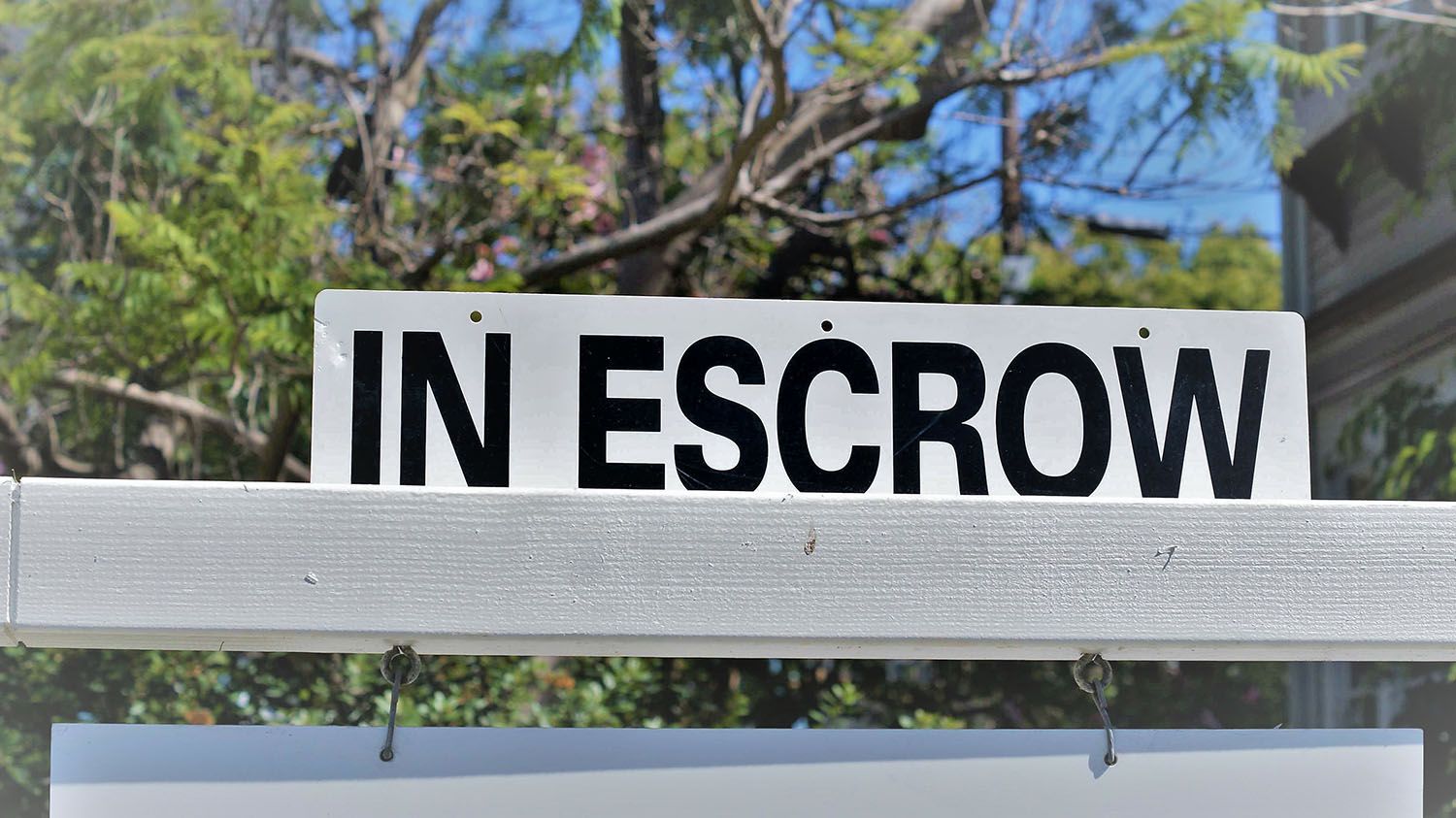How Does the Escrow Process Work When Buying a Home?
Categories
Recent Posts

How Does the Escrow Process Work When Buying a Home?

Guide to Parks with Playgrounds In Branford, CT That Your Kids Will Love

How To Get Your Fireplace Ready For the Winter

Featured Town: Guilford

Featured Town: Branford

Featured Town: East Haven, CT

Fall Home Maintenance Checklist – 20 tips to prepare your home for the winter

Renting an Apartment vs. Buying a House

6 Tips For a Successful First Time Home Buying Experience Without Putting Yourself in Financial Hardship


